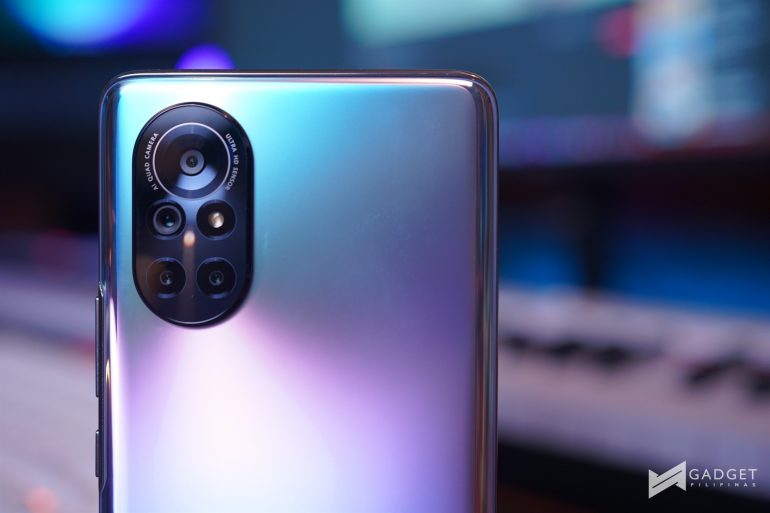The Huawei nova series is one of the most anticipated lines of devices from Huawei. The series usually captures the good features of current flagship variants and repackages everything that will match the needs of a much younger market. Huawei nova 8i was somehow a bittersweet manifestation of this, which almost made me lost hope and bring down my expectation to its better sibling, the Huawei nova 8. Much to my surprise, the Huawei nova 8 promises a better stack of features, which ultimately dwarfs nova 8i’s offerings. In this review, we’ll take a look at this new smartphone by Huawei, and why I think this is the better variant.
Unboxing and Build
Unboxing the Huawei nova 8i was pretty straightforward. By now, you are probably familiar with the contents of Huawei’s retail boxes. Standard contents include the phone (obviously), silicon case, type-A to Type-C cable, and a compact 66w Huawei SuperCharge. I’ll talk more about this charger later. Huawei did not include an earphone in the retail package, so do keep that in mind.
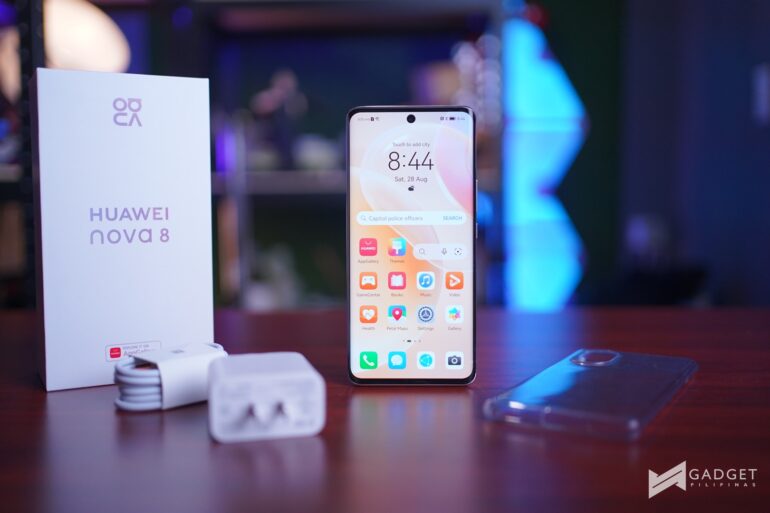
About its build – I did not imagine the nova 8 to be very slim. It is a little smaller than the nova 8i, but it’s much slimmer and thinner. Its overall design is nothing like the nova 8i, which begs the question – Do these two products really fall under the same series?
You get a 6.57-inch OLED display with a very slim chin and forehead bezel. There are virtually no side screen bezels because of its curved-edge design, which makes it look like a smaller Huawei Mate40 Pro, sans the camera cutout design. Speaking of the latter, nova 8 seems to deviate from the design of the nova 8i and Mate40 series. It’s located on the side, and the design puts the emphasis more on its 64mp camera. This plays a vital role in highlighting one of the best aspects of this phone apart from its impressive performance.
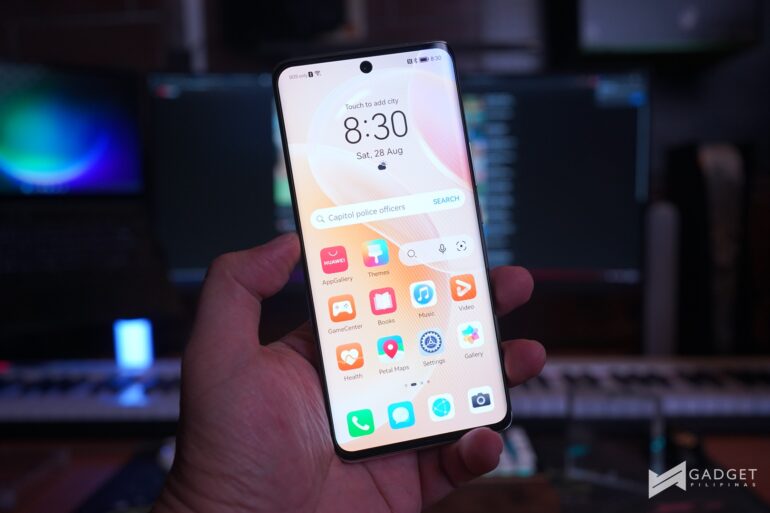
In terms of hardware features and I/O, you get a Type-C port that has OTG functions. The absence of a 3.5mm headphone jack can be a little disappointing, but the fact that you’re getting an OTG-capable USB port, you should be able to either use it for Type C earphones or your regular headphones provided that you have a Type-C to stereo headset adapter.
Display
The Huawei nova 8 is packed with a 6.57-inch OLED display. The quality of the display is topnotch, and may just be one of the best ones I’ve used in its pricepoint so far. Its refresh rate is capped at 90Hz with a 240Hz touch sampling rate, which can be the ideal specs for both gaming and content consumption.
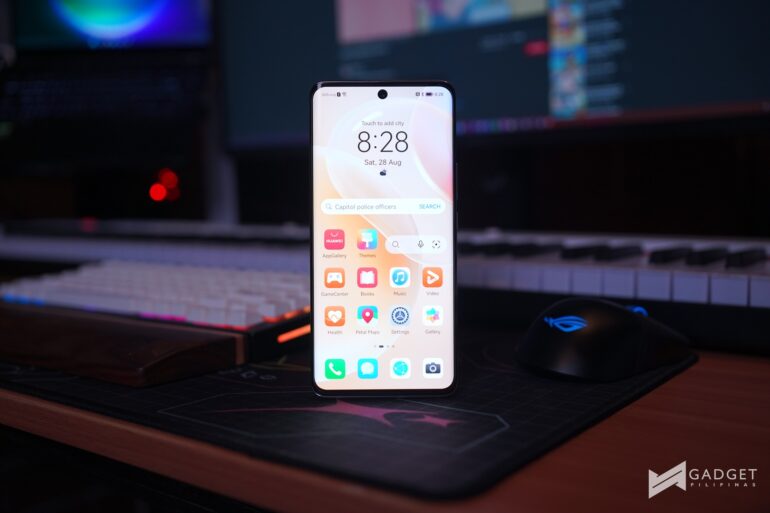
One of the things that I noticed about its display is how color-accurate it is. This is a huge deal especially for content creators because you would want to see (and post-produce) a photo or video similar to how you originally saw it.
While I’m not a total fan of curved displays, the one on nova 8 proved to be very useful when the screen gestures feature is enabled. The curvature definitely helps in navigating and browsing the phone’s sleek and fluid UI.
Chipset and Performance
The Huawei nova 8 is packed with a 7nm Kirin 820E. Despite only having a hexacore processor, the performance is much better compared to the nova 8i. Navigation and gameplay are much smoother, and I never had any problems playing games like PUBG Mobile, Sausage Man, and Call of Duty Mobile. While skill is a higher factor when playing these types of games, the 240hz touch sampling rate and 90hz refresh rate of the phone help out a lot in the full gaming experience.
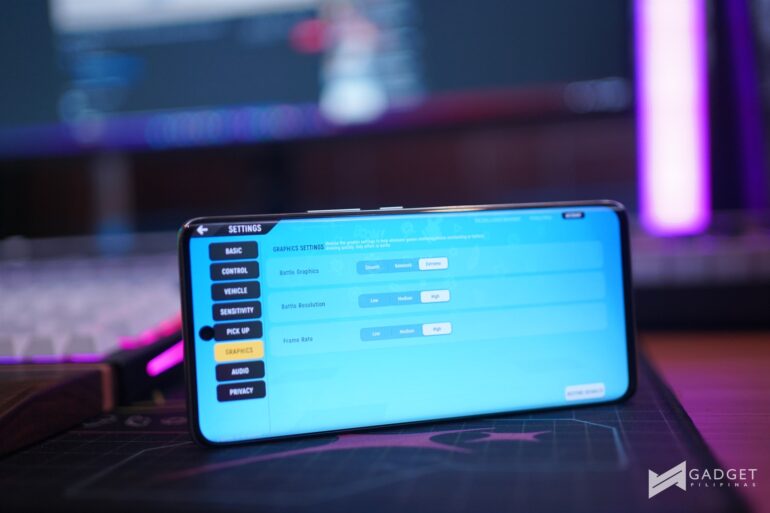
I have a huge problem though, which I believe I should bring out to the table for your reference. No matter how I tried, I can’t seem to download PC Mark and some applications via Petal Search or AppGallery. I keep on getting some parsing errors despite several attempts. Nevertheless, just to give you an idea about how the nova 8 fares compared to nova 7i and nova 8i, here are some results of the benchmark that I was able to perform.
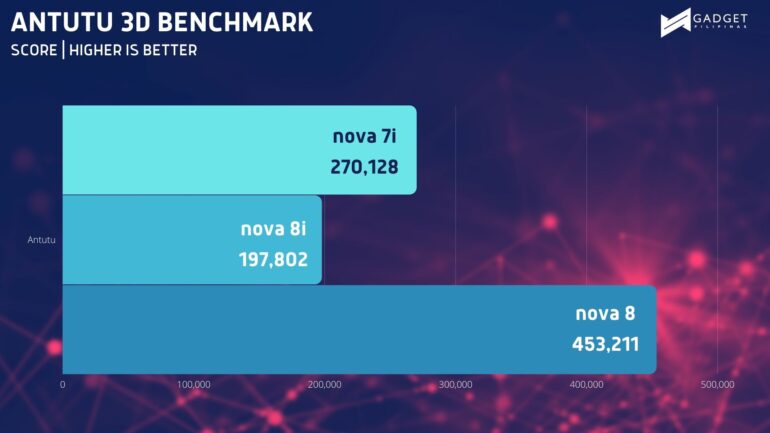
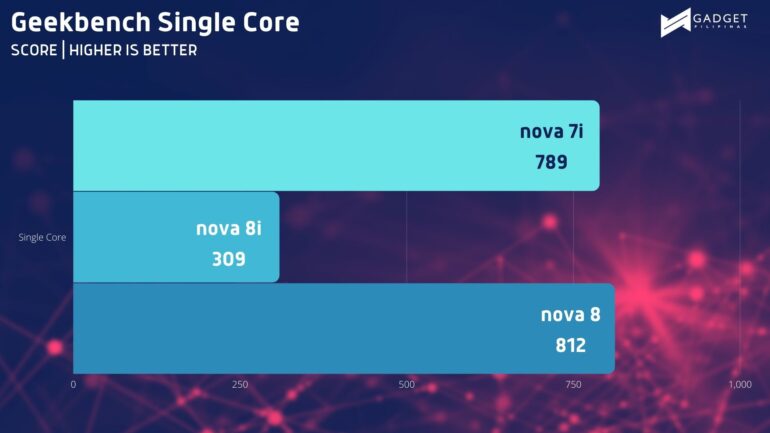
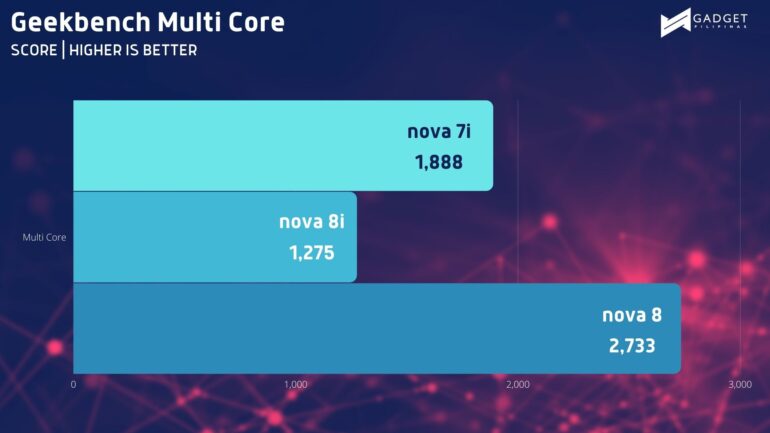
Harmony OS
On the software side of things, Harmony OS brings a lot of refreshing features to the nova 8. From subtle changes to the UI to better handling of certain settings, I realized that Huawei tried its best to further enhance the software experience without sacrificing the familiarity of end-users over the Android ecosystem. This is, besides, running on Android 11 but fused with Huawei’s Harmony ecosystem.
With this said, I’ve gone past the concern of Huawei phones not having GMS simply because AppGallery, Petal Search, and GSpace seem to remedy this issue, albeit having mixed results. With GSpace, for instance, I can log in and use my Google account to apps like YouTube, Gmail, and other Google applications. Not that I’m endorsing this solution, but this is proof that this is a workaround for those who want to use “GMS” (semi-)natively.
Camera Performance
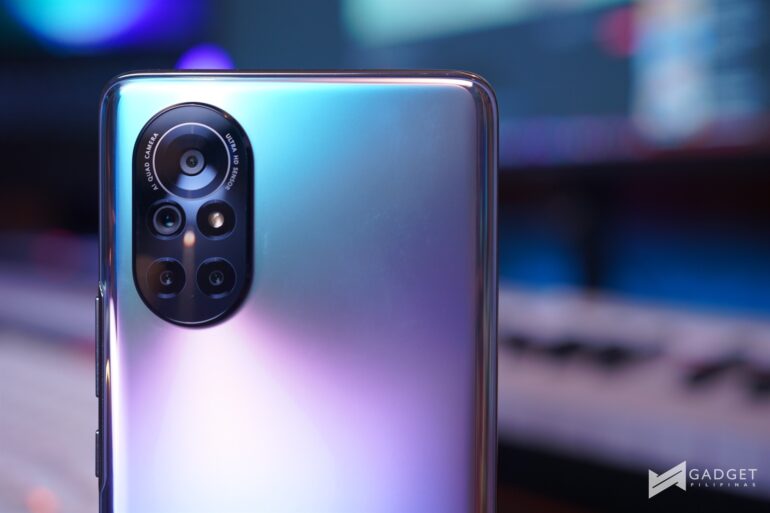
One of the best things about the nova 8 is its powerful set of cameras. Comparing this to the nova 8i, it seems that it has the same set of rear cameras but with more and better capabilities. For starters, nova 8’s main camera can shoot videos up to 4k30 and 1080p120 for slow motion. This isn’t something that nova 8i can do despite having the same set of rear cameras.
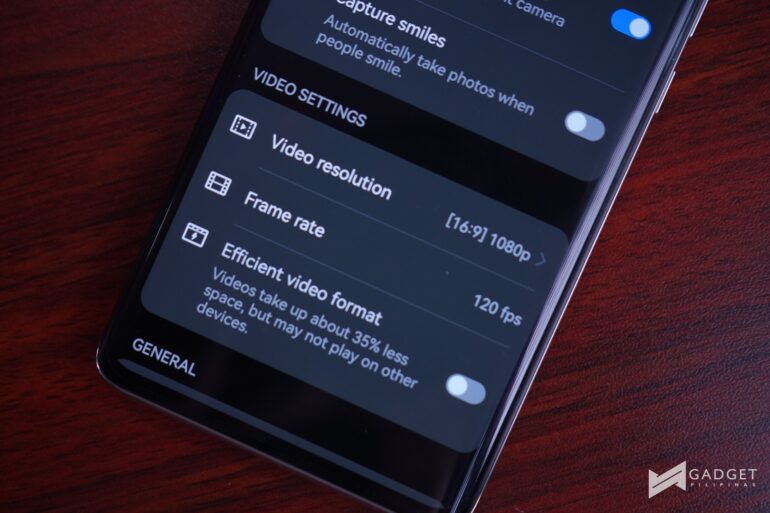
nova 8’s front camera is the ace in the table as it can shoot photos up to 4K resolution, but not 4K video. In fact, it is best for taking selfies and even slow-mo video selfies. These features alone dwarf the nova 8i, which makes it definitely a better purchase.
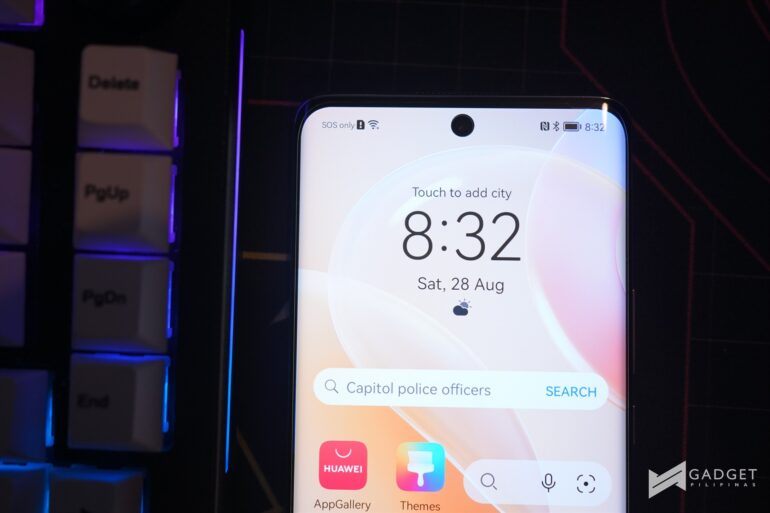
Now for better appreciation, here are some photos that I took using nova 8i and nova 8. You can see that the colors taken by nova 8 have better color reproduction, detail, contrast, and saturation.
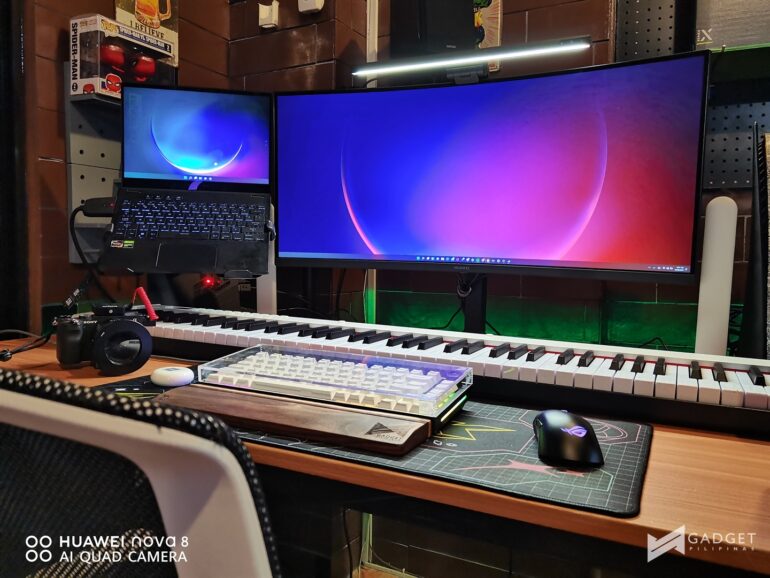
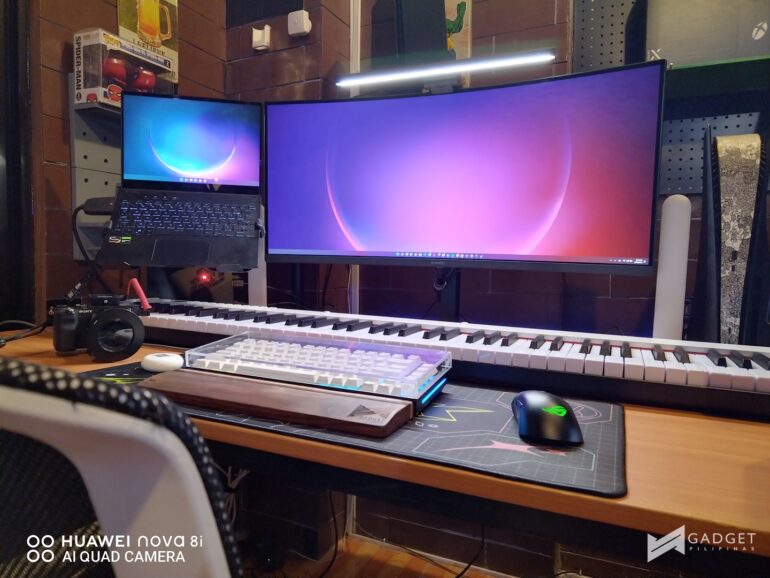
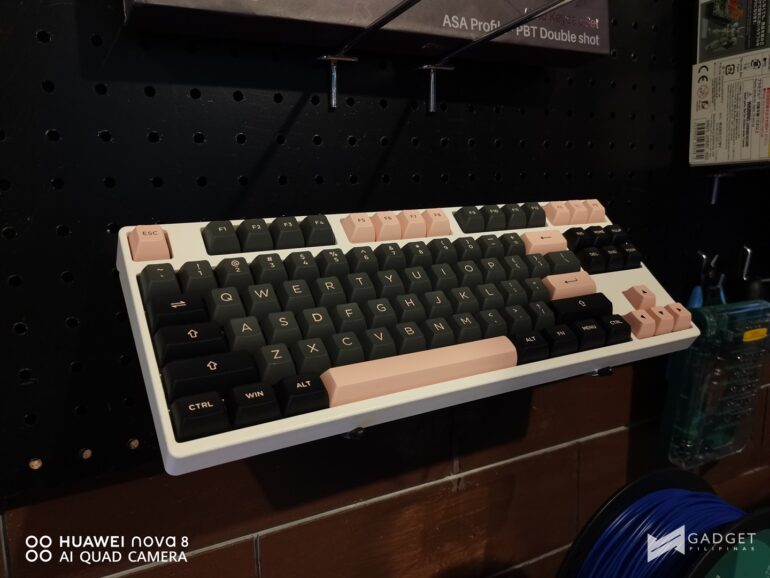
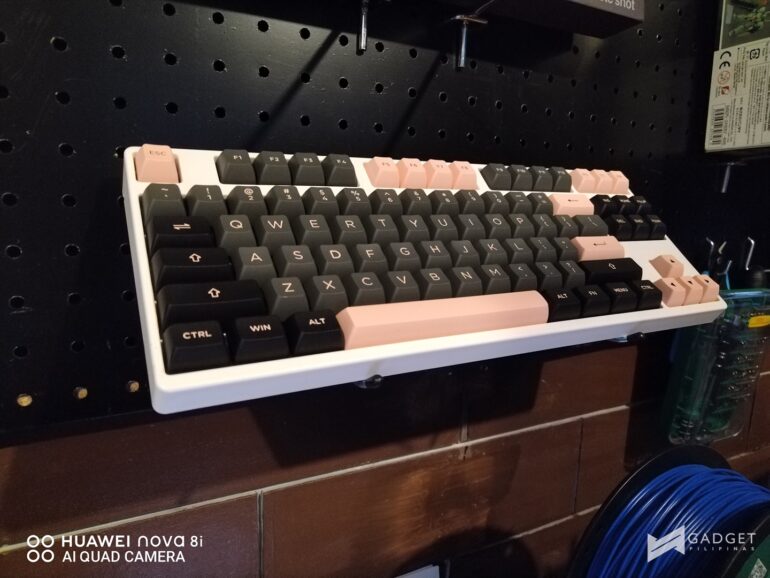
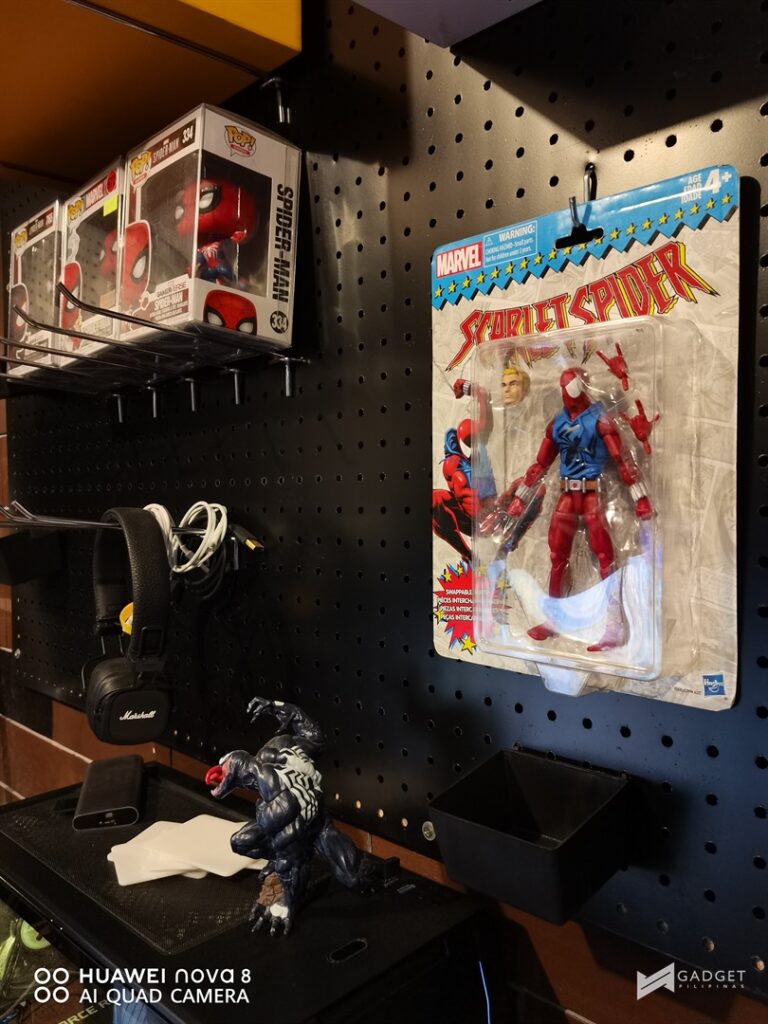
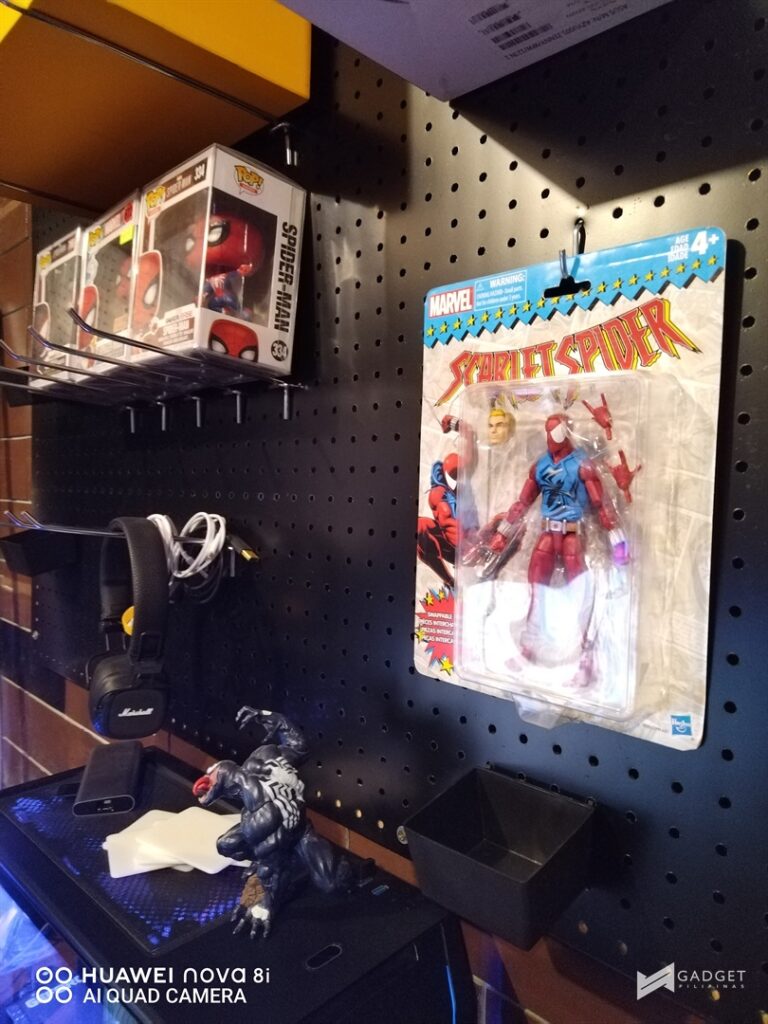
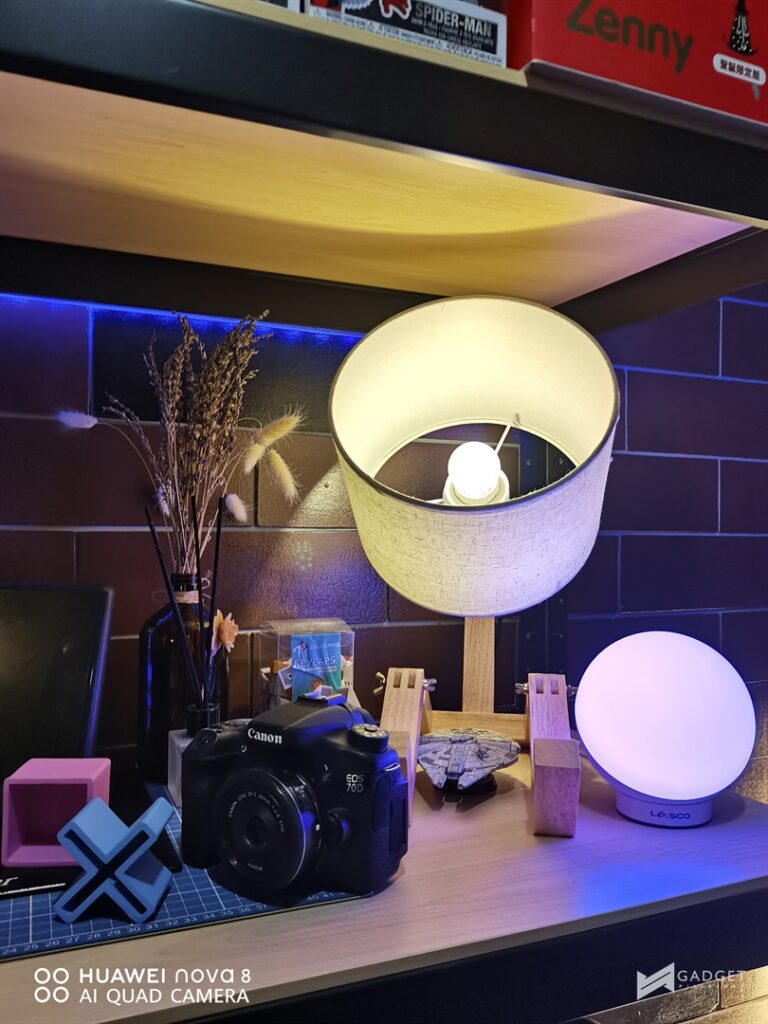
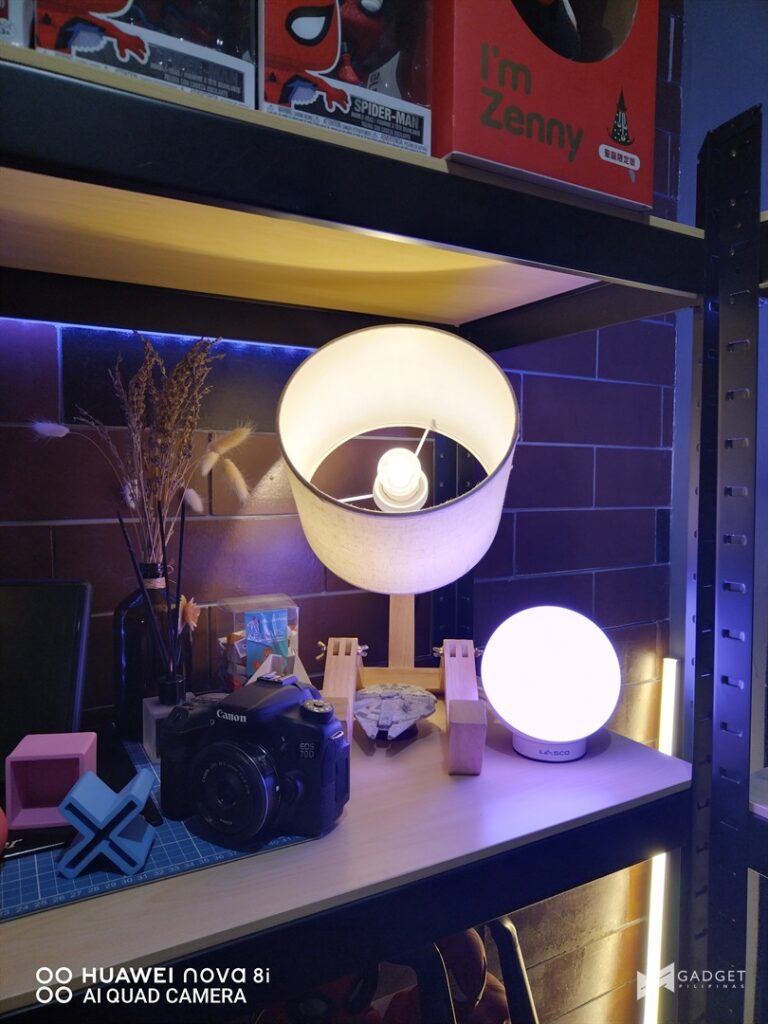
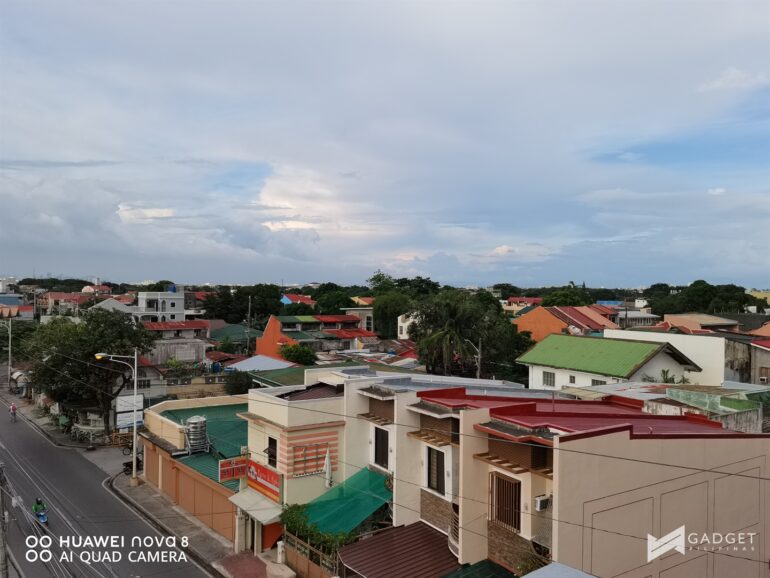
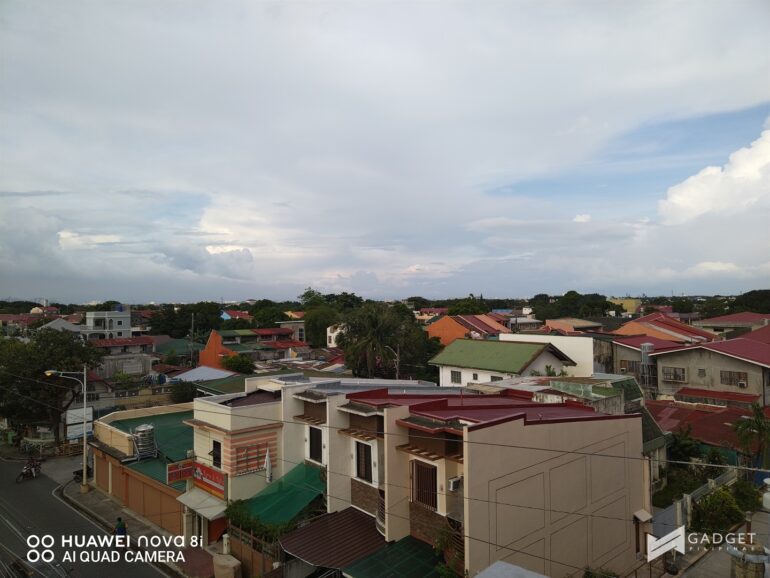
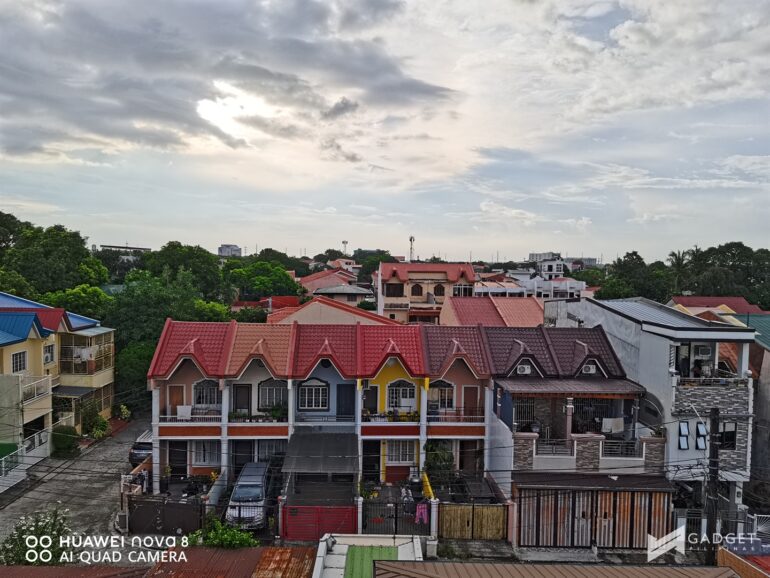
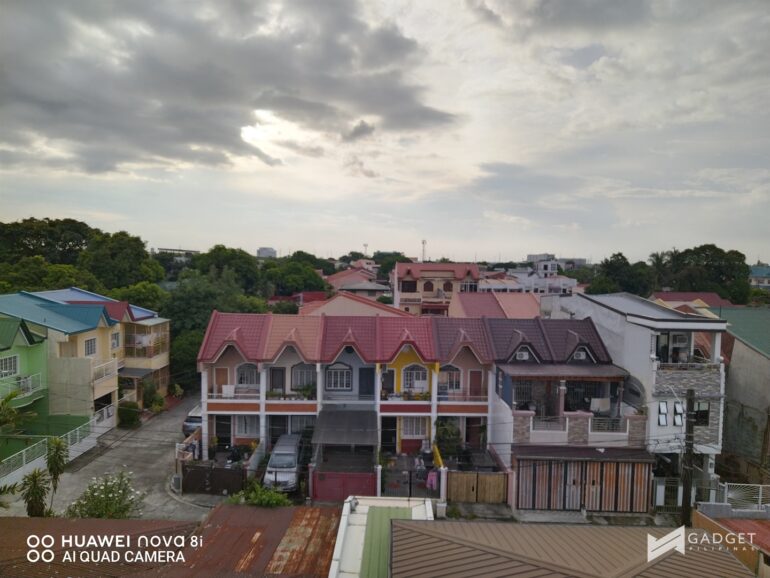
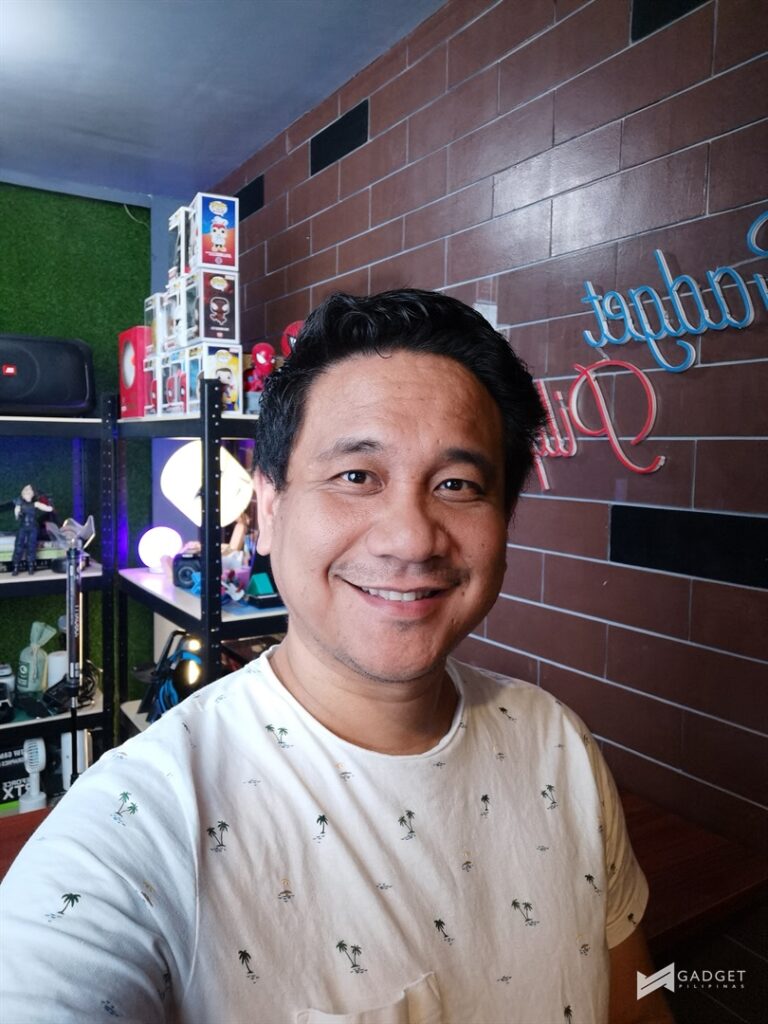
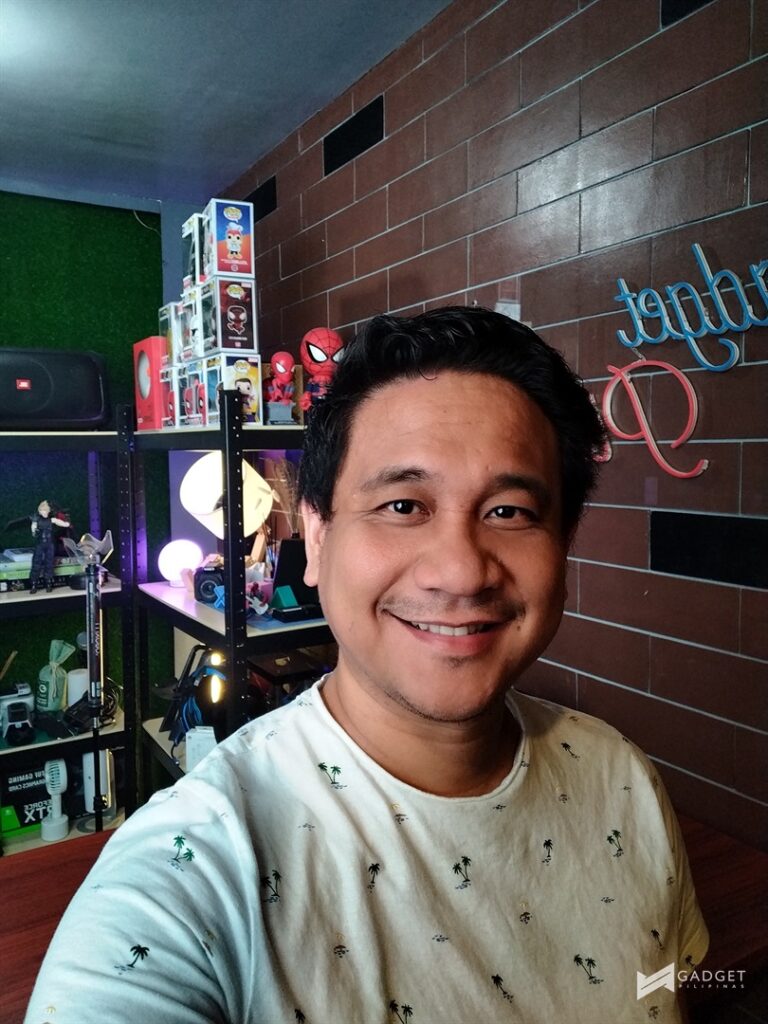
Battery Performance
Nova 8 is packed with a 3800mAh battery. It managed to stay up for 13 hours 26 minutes with 20% battery life remaining on medium to heavy usage. Screen-on time clocked at more than 5 hours and I used it mainly to browse social media content, took 5-10 photos and 2-3 videos, and played a few rounds of Sausage Man and PUBG.
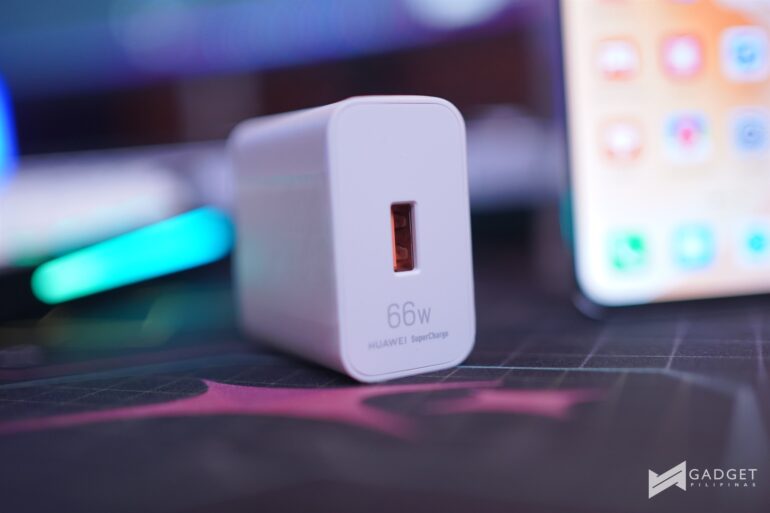
On the good side, this one’s really quick to fully charge. It takes about 37 minutes to fully charge this to 100%, thanks to its 66W Huawei SuperCharge.
Verdict
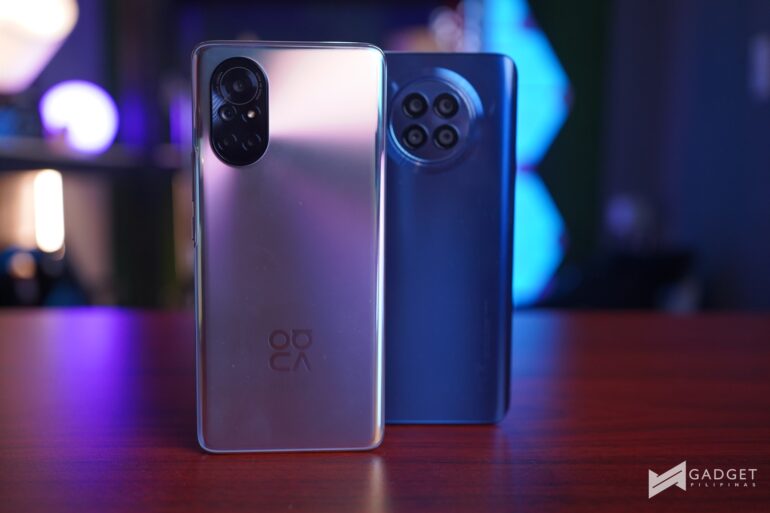
I definitely prefer this over the nova 8i. I think it’s just logical to think that way, given the advantages of the nova 8. I believe that its PhP19,999 price point is justified for the level of benefits you get from this smartphone like ood cameras, awesome display, and impressive design and build.
Giancarlo Viterbo is a Filipino Technology Journalist, blogger and Editor of gadgetpilipinas.net, He is also a Geek, Dad and a Husband. He knows a lot about washing the dishes, doing some errands and following instructions from his boss on his day job. Follow him on twitter: @gianviterbo and @gadgetpilipinas.

